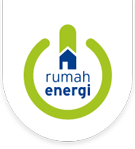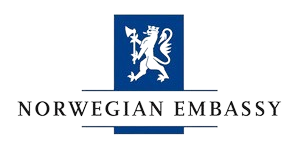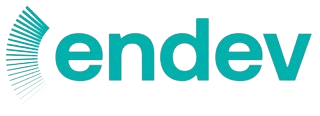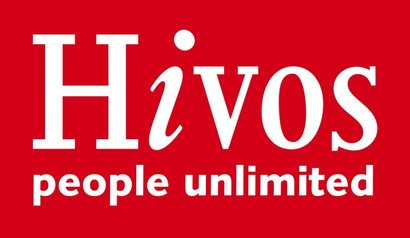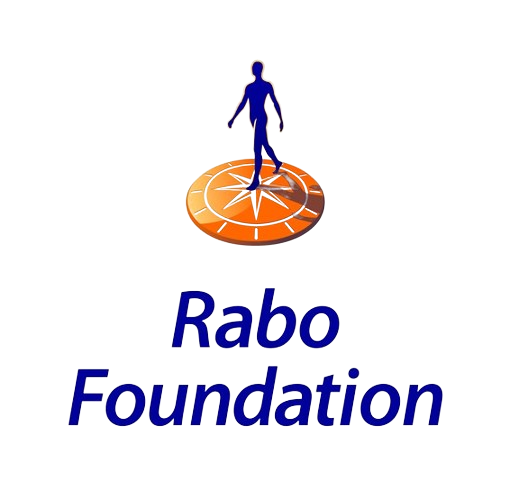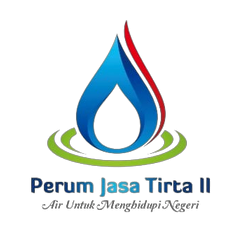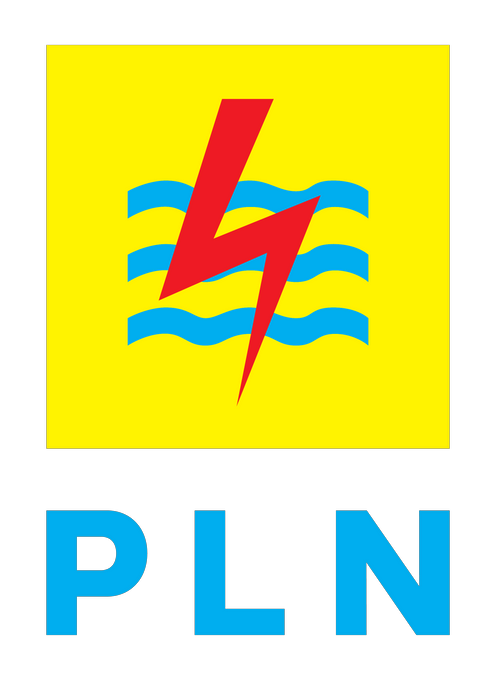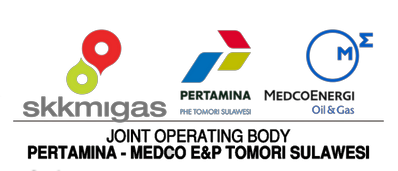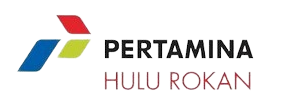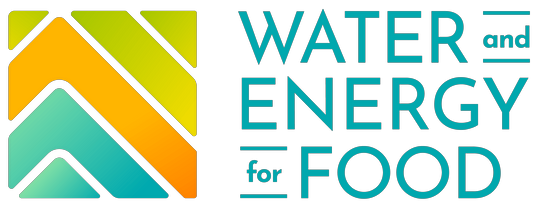Facilitate communities at the site level in accessing domestic biogas through a market approach and circular economy model. This program has built 29,401 biogas reactors in 20 provinces in Indonesia, implemented sustainable agriculture through bio-slurry (biogas dregs), and contributed to reducing greenhouse gas emissions by 528,781 tCO2e.
BIRU Program
Location
Achievements
Beneficiaries:
148.260People
Biogas Installation:
29.401Biogas
162
Construction Partner Organizations
Construction Partner Organizations
Trained Farmers:
29.454People
Emission Reduction:
528,781tCO2E
